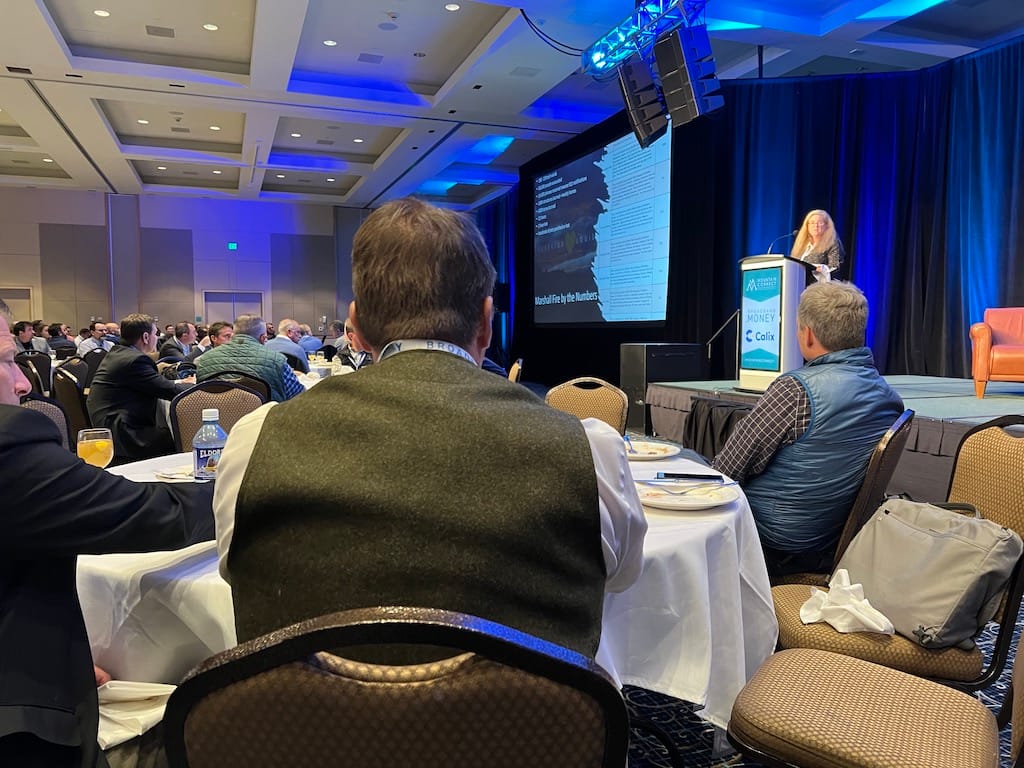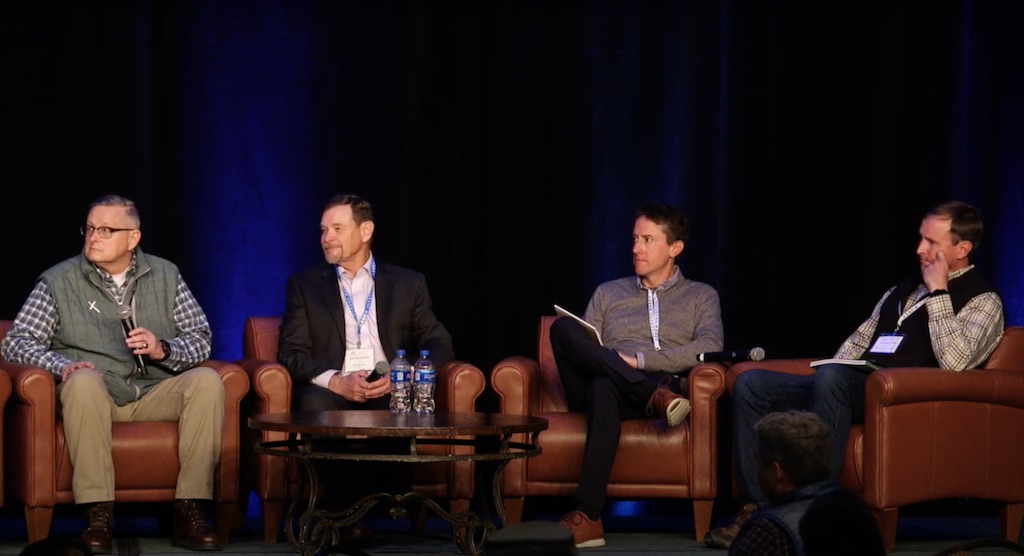Lack of People Opting Into Emergency Alerts Poses Problems for Natural Disaster Scenarios
Disaster protocol experts remarked on lessons learned from fire outbreaks in Boulder County, Colorado.

KEYSTONE, Colorado, May 26, 2022 – A lack of people opting into local emergency alerts poses a severe challenge for public officials during natural disasters, a panel of experts said Tuesday.
The panel remarked on just how significant the number of people not subscribed to emergency alerts is during a panel on disaster preparedness at the annual Mountain Connect conference.
In Boulder, getting emergency alerts is on an opt-in basis, whereas in other areas, it is opt-in by default.
The specific focus of the panel was on lessons learned from the outbreak of fires in Boulder County, Colorado this past December.
Fires presented challenges for providers
Several challenges of managing a response to the fires were recounted.
Blake Nelson, Comcast’s senior director of construction, stated that some of his company’s underground broadband infrastructure buried at a considerable depth was still melted from the heat of the fires to cause service outages for customers. Thomas Tyler, no stranger to disaster response as Louisiana’s deputy director for broadband and connectivity through several hurricane responses, pointed out that it is quite possible local officials may be skilled in responding to one type of disaster such as a hurricane but not another like a tornado.

Screenshot of Blake Nelson, Jon Saunders, Wesley Wright and Thomas Tyler (left to right)
The panel also spoke to the challenges of coordination between essential companies and agencies if people do not have personal relationships with those who work at such entities other than their own.
Successful emergency responses to service outages during disaster serve as models for the future, with Nelson stating the internet provider opened up its wireless hotspots to temporarily increase service access and Tyler saying that standing up Starlink satellite internet access helped bring broadband to Louisiana communities only accessible by bridge or boat during their periods of disaster.
Conversation moderator Lori Adams, senior director of broadband policy and funding strategy at Nokia, suggested keeping town servers not in municipal buildings but rather off site and Wesley Wright, partner at law firm Keller and Heckman, recommended the Federal Communications Commission’s practice of developing strong backup options for monitoring service outages.








